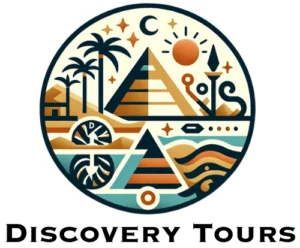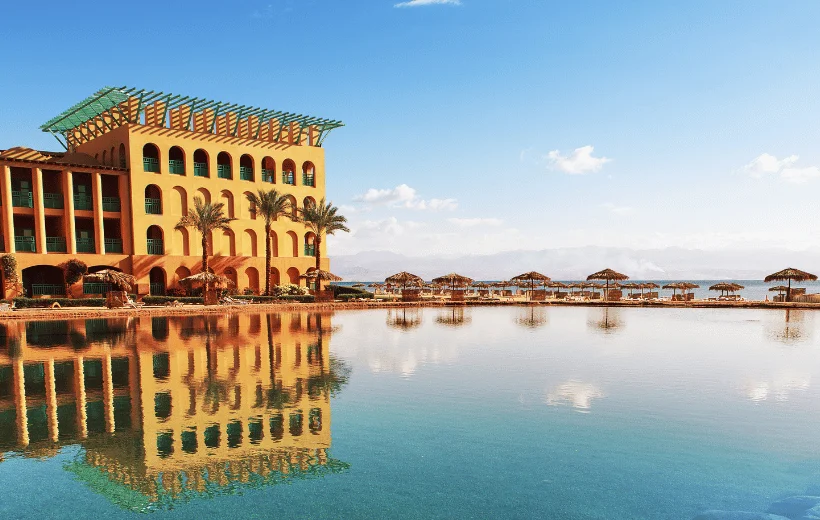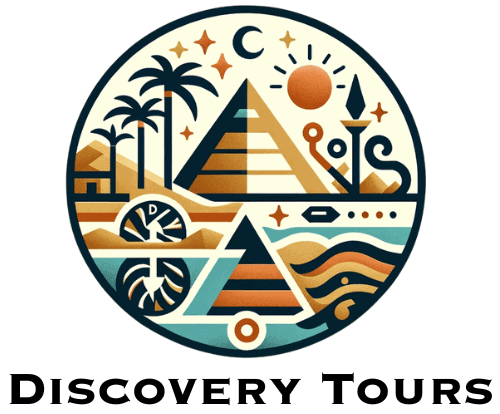Understanding Tourism Destination Management: Enhancing Travel Experiences and Sustainability
Welcome to our blog post on “Understanding Tourism Destination Management: Enhancing Travel Experiences and Sustainability.” In this post, we will delve into the concept of tourism destination management and its importance in the travel industry. Tourism destination management refers to the strategic planning, coordination, and marketing efforts employed to make a destination appealing and competitive in the tourism sector. It aims to provide tourists with memorable experiences and ensure the sustainability of the destination. We will explore key questions such as the meaning of tourism destination management, the significance of destination management systems in tourism, the concept of tourism management itself, and the role of Destination Management Organizations (DMOs) in the tourism industry. So, join us as we unravel the world of tourism destination management and discover its impact on enhancing travel experiences and promoting sustainability.
Understanding Tourism Destination Management
Defining Tourism Destination Management
Tourism destination management is the cohesive and strategic approach to controlling all aspects of a travel destination. It encompasses a broad range of responsibilities, from developing infrastructure and services to ensure accessibility and safety for tourists, to marketing and promotion efforts that attract visitors. This management style also involves careful planning to balance the economic benefits of tourism with the need to preserve the environment and local culture. The goal is to create a destination that delivers a high-quality experience for tourists while maintaining or enhancing the area’s sustainability for future generations. Effective tourism destination management is essential for a destination to thrive in the competitive travel market and requires collaboration among various stakeholders, including government agencies, local communities, and businesses.
The Importance of Tourism Destination Management
The importance of tourism destination management cannot be overstated. It serves as a key factor in the long-term success and competitiveness of a destination. Through effective management, destinations can enhance the quality of the visitor experience, ensuring that it is not only enjoyable but also resonates with the cultural and natural authenticity of the place. It also supports local economies by creating jobs, promoting local products, and fostering an environment where small businesses can thrive. Additionally, tourism destination management is crucial in addressing the potential negative impacts of tourism, such as environmental degradation and cultural dilution. By implementing sustainable practices, destinations can protect their natural and cultural assets, which are often the primary draw for visitors. In summary, tourism destination management is pivotal in balancing the needs and desires of tourists, the community, and the environment.
Destination Management Systems in Tourism
What is a Destination Management System?
A Destination Management System (DMS) is a comprehensive tool that assists in the management, marketing, and operations of a travel destination. It is a technology platform that provides a centralized point of control for various aspects of the tourism industry, including information management, reservations, customer relationships, and back-office processes. A DMS enables Destination Management Organizations (DMOs) to aggregate data from multiple sources, providing valuable insights into tourist behaviors, preferences, and trends. This, in turn, allows for more effective decision-making and targeted marketing strategies. The system often includes features for inventory management, event calendars, and travel itineraries, enhancing the coordination among different service providers. By streamlining processes and improving communication, a DMS can significantly improve the overall efficiency and appeal of a destination.
Why Destination Management Systems are Crucial in Tourism
Destination Management Systems (DMS) are crucial in tourism for several compelling reasons. First and foremost, they offer a seamless integration of various tourism services, making the booking and planning process easier for both tourists and service providers. By simplifying these processes, a DMS can help increase the efficiency and responsiveness of tourism operations. Furthermore, a DMS serves as a rich repository of data, which can be analyzed to understand market trends, track visitor satisfaction, and tailor services to meet the evolving needs of tourists. This data-driven approach can lead to more personalized travel experiences and improved destination marketing. Additionally, a DMS can contribute to the sustainable management of tourism by aiding in the monitoring of environmental impacts and promoting responsible travel practices. Overall, a DMS is an indispensable asset for any destination looking to enhance its competitive edge and ensure the longevity of its tourism sector.
Grasping Tourism Management
The Meaning of Tourism Management
Tourism management encompasses the overarching functions and strategies necessary to deliver an effective and satisfying tourism experience, while also ensuring the sustainability and profitability of the destination. It involves planning, developing, and marketing destinations to attract visitors in alignment with the area’s economic goals and capacity. Tourism management must also consider the well-being of the local community and the preservation of the environment. This can involve managing resources, crafting policies, and collaborating with various stakeholders to achieve a responsible balance between growth and conservation. Moreover, tourism management includes the supervision of the workforce that caters to tourists, ensuring they provide high-quality service. At its core, the meaning of tourism management is to create a positive and memorable experience for visitors that encourages repeat visits and sustainable tourism development.
The Role of Tourism Management in Enhancing Travel Experiences
Tourism management plays a pivotal role in enhancing travel experiences by ensuring that each aspect of a trip meets or exceeds expectations. This involves curating attractions and activities that are both engaging and representative of the destination’s culture and natural environment. It also includes ensuring high standards of service quality, from accommodation to transportation and guided tours. Tourism managers actively work to improve the usability and accessibility of tourist information, making it easier for travelers to explore and enjoy the destination. They also play a key part in crisis management, ensuring the safety and well-being of tourists during their stay. By continuously monitoring feedback and adapting to tourists’ needs, tourism management contributes to creating memorable, seamless, and enriching travel experiences that encourage positive word-of-mouth and repeat visits. Ultimately, it is about creating a hospitable and immersive environment that resonates with travelers on a personal level.
Decoding DMO in Tourism
What DMO Stands for in Tourism
In tourism, DMO stands for Destination Management Organization. These organizations are typically responsible for the promotion and development of a travel destination. Acting as the bridge between the local community and potential visitors, DMOs play a critical role in driving economic growth through tourism. They work on attracting visitors by marketing the destination’s unique attributes, managing tourism-related services, and ensuring the sustainability of the area’s tourism industry. DMOs may also be involved in crafting strategies that enhance the visitor experience while preserving local culture and protecting natural resources. They often collaborate with various stakeholders, including government entities, private businesses, and other organizations to achieve their objectives. Essentially, DMOs are the custodians of a destination’s tourism sector, working to balance the needs of the visitors with those of the local environment and residents.
The Functionality and Importance of DMOs in Tourism
The functionality of Destination Management Organizations (DMOs) in tourism is multifaceted, encompassing marketing, strategic planning, and stakeholder coordination. DMOs work to develop a cohesive image of the destination, highlighting its unique selling points and attractions. This involves creating compelling marketing campaigns and leveraging digital platforms to reach potential travelers. DMOs also gather and analyze data to understand market trends, which informs their strategic decisions and helps improve the destination’s offerings.
Importantly, DMOs are instrumental in ensuring sustainable tourism practices. They advocate for the protection of natural resources, cultural heritage, and community values. By engaging with local businesses, they help to distribute the economic benefits of tourism more evenly across the community.
Overall, DMOs are crucial in shaping the tourism experience, making destinations more competitive, and ensuring the long-term viability of the tourism industry in their respective locations. Their work not only attracts tourists but also preserves the destination’s integrity for future visitors.





